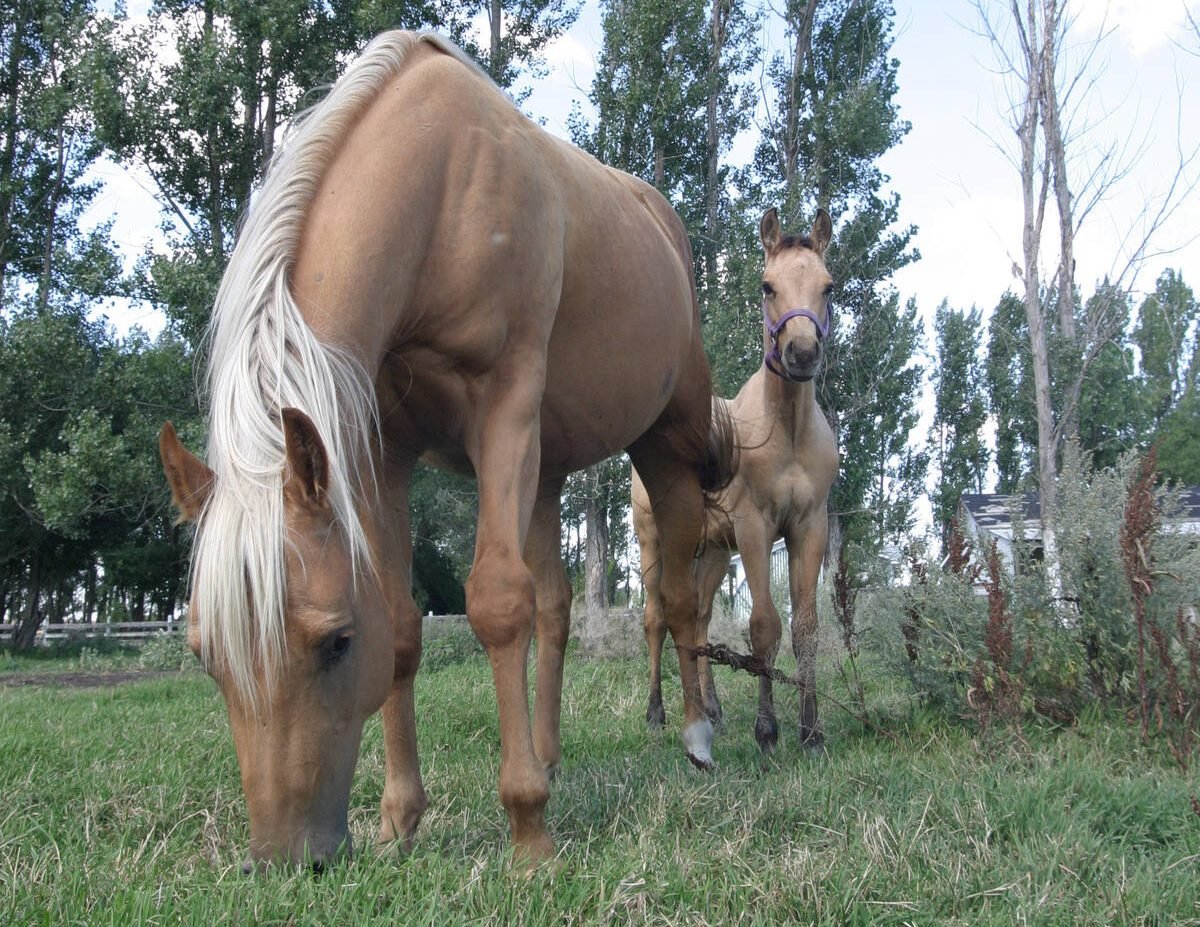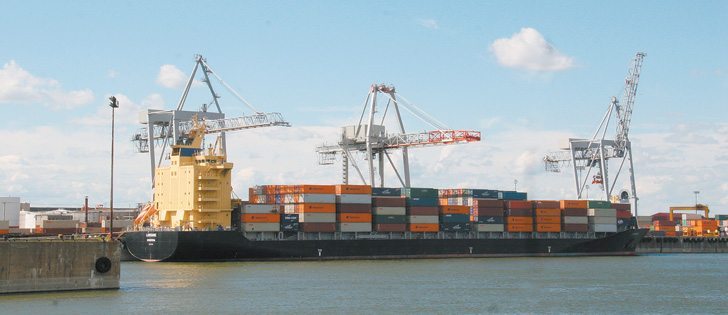As Liberal leader Bob Rae sees it, this week’s investigation by a United Nations official into Canada’s record on making sure its citizens have adequate food is a national embarrassment.
UN Special Rapporteur on the Right to Food Olivier de Schutter usually casts his gaze at developing countries and ravaged countries in the midst of war, genocide or the use of food as a weapon against citizen groups out of favour.
So as the first industrialized country to face UN scrutiny over its adherence to a resolution that access to food is a basic human right, de Schutter’s May 5-16 visit is a blackeye that will besmirch Canada’s reputation, Rae told reporters May 7.
Read Also

Growth plates are instrumental in shaping a horse’s life
Young horse training plans and workloads must match their skeletal development. Failing to plan around growth plates can create lifelong physical problems.
And Rae knows who to blame: Stephen Harper.
However, like most things UN, the issue of right to food and who to investigate and condemn is highly political. The Canadian investigation certainly is political.
When he reports back to the UN, it is a safe bet that de Schutter will be critical of hunger and malnutrition in the midst of a country as rich and food-surplus as Canada. Opposition politicians will have a field day.
Who wouldn’t be critical of hunger in the midst of plenty?
But before getting back to the politics of the UN investigation, let’s consider the core issue of hunger in the midst of plenty.
I have used this space many times to argue that in a world (and country) with the ability to produce food for all, lingering hunger is an obscene political decision.
A fraction of the money spent each year on armaments and war around the globe would be enough to make sure everyone had enough food (assuming politics, lifestyle and conflict allowed it to get to those who need it).
The argument applies to Canada, where massive amounts of money are instantly available for war missions or military equipment but not so much for national poverty alleviation.
Hunger, of course, is a complicated issue infused with poverty, addiction, disease, isolation and sometimes, personal choices.
Governments in Canada have never truly dealt with it from Sir John A. Macdonald to Stephen Harper. In the midst of plenty, there always has been poverty, deprivation and want in Canada.
Children usually are the most innocent victims. But the UN decision to send de Schutter to Canada (or his decision to come on his own), smacks of UN politics.
The UN is housed in New York, in a city and country where tens of millions live in poverty, on food stamps or under bridges in the midst of vast wealth. No UN eye turns in that direction.
Few if any UN member countries would be free of poverty and in many cases, indigenous deprivation.
Almost 20 years ago, the UN Food and Agriculture Organization vowed to cut hunger in half by 2015. It has increased by almost 200 million but there has been no UN investigation of that.
Yet de Schutter is in Canada, no doubt responding to complaints about hunger, reserve deprivation and the impact of “industrial agriculture” on sustainability.
There’s nothing wrong with that. An interview several years ago showed that is his side of the food fence.
But the opposition,which also vowed to solve the poverty problem should be careful about making too much hay.














